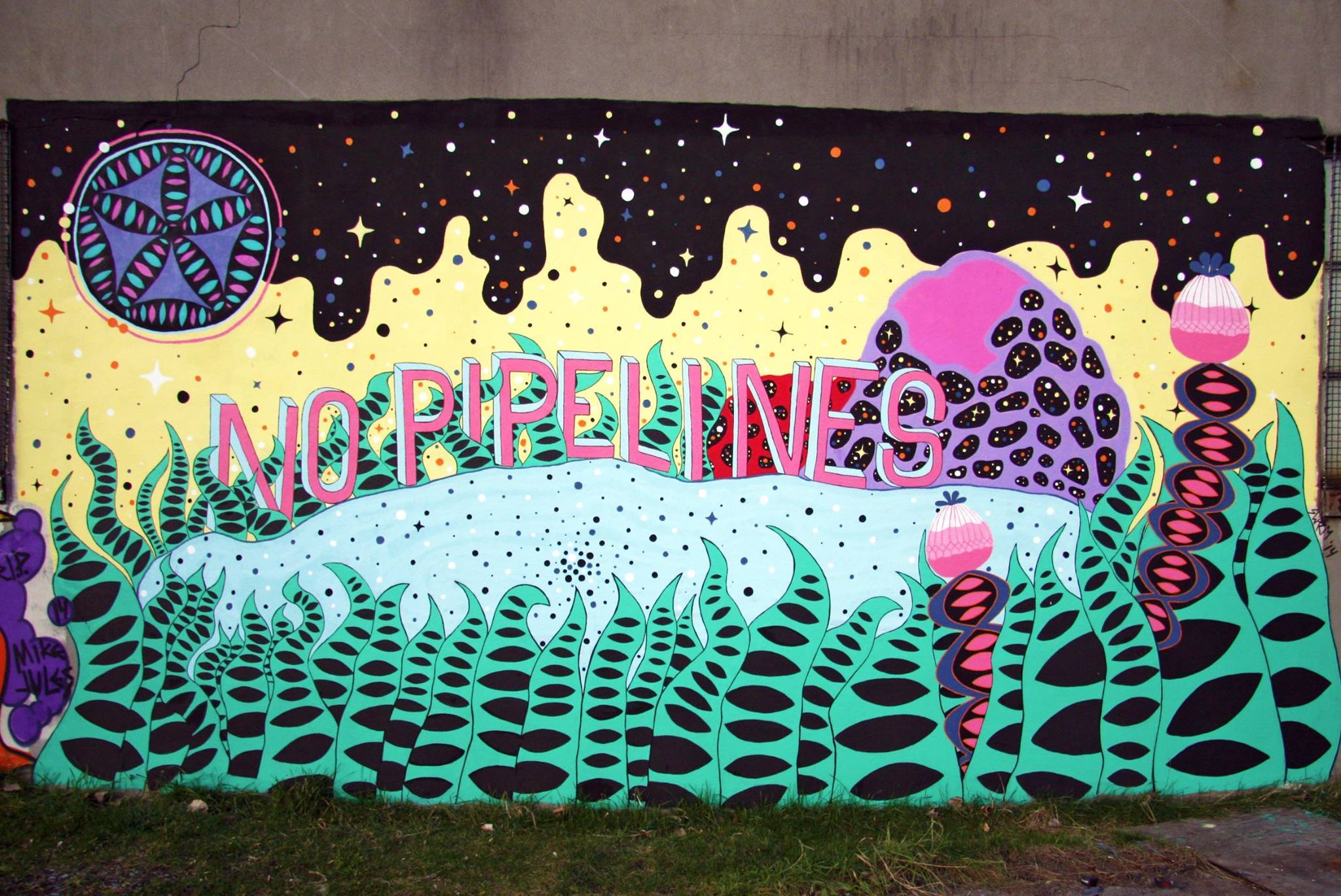Genealogies
LynleyShimat Lys
Great Grandma Rose
reminds Uncle Ray, recall
always, and on all documents
we are also indigenous.
I owe a great debt.
I defy the hue of my skin
that belies indigenous ancestors.
How long will the people
who share the white tone
of my skin continue
to fracture / the soil.
How long will those who look like me
refuse to be / accountable
for theft upon theft
of lives and labor and land,
and breath and tongues
and genealogies.
I call on all the branches
tangled in my family tree
to shield against / the storm
which calls itself / progress.
I invoke
every root of my being
to bolster the worn skin
of resistance.
With, Not On
Samantha Chisholm Hatfield
I come from river people. The name for my band is actually people of the river: Tutu Dene or as commonly called, Tututni. Our Siletz tribe is near the Pacific Ocean, located in Oregon.
I have grown up on water, both fresh and saltwater. Water is in everything; every celebration, every ceremony, sipped upon every awakening. It is our first experience arriving in this world, surrounded by waters in the womb, and remains a staple we cannot live without, physically or spiritually. I grew up on the river, as did my father, as did his parents, as did his grandparents, as did multiple ancestors. Stories of water connections fill our history, and no season is ever passed by without some relation to the water. Water is in everything; every celebration, every ceremony, every awakening. It is our first experience arriving in this world, surrounded by waters in the womb, and remains a staple we cannot live without, physically or spiritually. I remain connected even though I am miles away, my soul returns to the water every chance I get. I am “water people.” It is more than simply loving it; it is deeper than simply wanting to be near and admiring its beauty. For me, it is a part of me, it is an extension of who I am, where my stories lie, and where history is connected.
The story goes that one morning, I heard my dad announce he was heading out to fish. It was winter, but I begged to go, relentlessly. Mom finally agreed, because arguments with me about water were usually futile. I was bundled up, and off we went. While dad was fishing for Steelhead, I was playing, inspecting bugs, noticing small fish, watching the water as it caressed and played amongst the shoreline rocks. At one point, I leaned over and fell into the icy waters. I remember starting to float away, but thankfully Dad was fast enough to grab me by my hair and pull me out. Although I was only the tender age of three , I knew instinctively that the environment was to be respected. While I don’t remember details of the incident, I’m sure I was scolded. Truth be told, Mom still scolds me to this day when retelling the story. I have wisely learned to stifle a laugh while they joke about my icy cold winter intention of swimming with the fish. Water has always been a companion for our family, and for me. It runs through my soul and cleanses out the negative; it balances and restores what needs centering.
I remember standing at the door, waiting for Mom to be ready so I could explore in the yard. I wanted to watch and understand all of it, and then have what I didn’t understand explained at the dinner table. The environment was for exploration, but also for learning. I was part of it all; a piece of the great knowledge circle that envelops us all. This remains the case today, though I am teaching more than I am learning. My Traditional Ecological Knowledge (TEK) is being passed to the next generation, and I ask questions much less frequently than I did even a few years ago, but learning never stops. Great teachings happen from the environment for those wise enough to listen. TEK grants us tremendous wisdom for those who can learn to understand its teachings.
This is who we ARE. As Native People, we are living WITH the land, rather than simply ON it. We engage with the tiniest of tiny, as well as with the largest of large. This is a concept that many cannot even fathom. And a concept that many others are threatened by. Reciprocity with the land is at the core of where we come from, and has been a basis for our survival. It has been essential that we as Native people continue to nurture the land as it nurtures us.
Our identity as Native People is one of connection, with every tiny droplet, every tiny speck of dust, every rock, every tree, every winged and four-legged. We are one among many, we do not have dominion over, but rather have congruence with.
It is not vital that we share the same communication language; it is not vital that we appear in the same form. The tiny fly deserves as much respect as the bison, or the person standing next to me. Those of us who work to protect have been given orders to do so, often by our Elders, who are at the forefront of holding our wisdom. There is a belief that we are entrusted to care for the earth and for the seventh generation to come, so that life and the earth will remain just as it is currently, if not better, for our future generations. We are borrowing the resources that we live with, caring for the investment of life that we are blessed with. We are taught to have forward-thinking vision in our actions. We work for all, even for those who are antagonists. We do so because we have been gifted visions by our ancestors of what Seven Generations means and what it takes to get there. Vision, of how to care for a world that is quickly losing its grip on reality from events that are dominating, destructing, and devaluing knowledge. Vision, of what needs repaired, who needs help, and which path needs to be walked.
Who cannot see beyond consumption, exploitation, and greed? What of the lessons that have taught us, repeatedly, that gluttony is unsustainable? Is it a lack of wisdom of planning for future sustainability and vitality for our environmental places that Americans claim to “hold dear,” such as parks and wide open spaces? Spaces left in their pristine states are valuable, often more so than rectangular high rises and parking structures. But the attempt to “eat money” continues.
When the story of the black snake arose, it began as a warning, an omen which cautioned many and foretold of how to avoid destruction, but few listened sincerely taking the lesson seriously. Those who were wise in learning and listening heeded the wisdom. Now, black snakes arise like ravenous demons; one head sliced off becomes three more popping up in various places.
Water is life. Many times we have seen, read, or heard this, but attempt a day without water. It is an open challenge. Attempt to wash your clothes, your bodies, do your toileting, or make your food. Each of those activities, and more, will be sacrificed should the black snakes continue. There is a corporate greed that infiltrates and strives to make you pay for exactly that which you now take for granted.
The volume of care shown by Natives, from various tribes, from various areas, illuminates the darkness the black snake brings.
The overwhelming kindness, the peace gestures both literally in the form of behaviors like handshakes and individual acknowledgements as well as figuratively in the form of prayers for those misguided, is enormous. The behaviors radiate from the concern for reciprocity for the earth we live on, and the future generations is nothing short of inspiring. The calm, the maturity, the restraint, and the vision Sacred Stone members model will be heralded for generations to come.
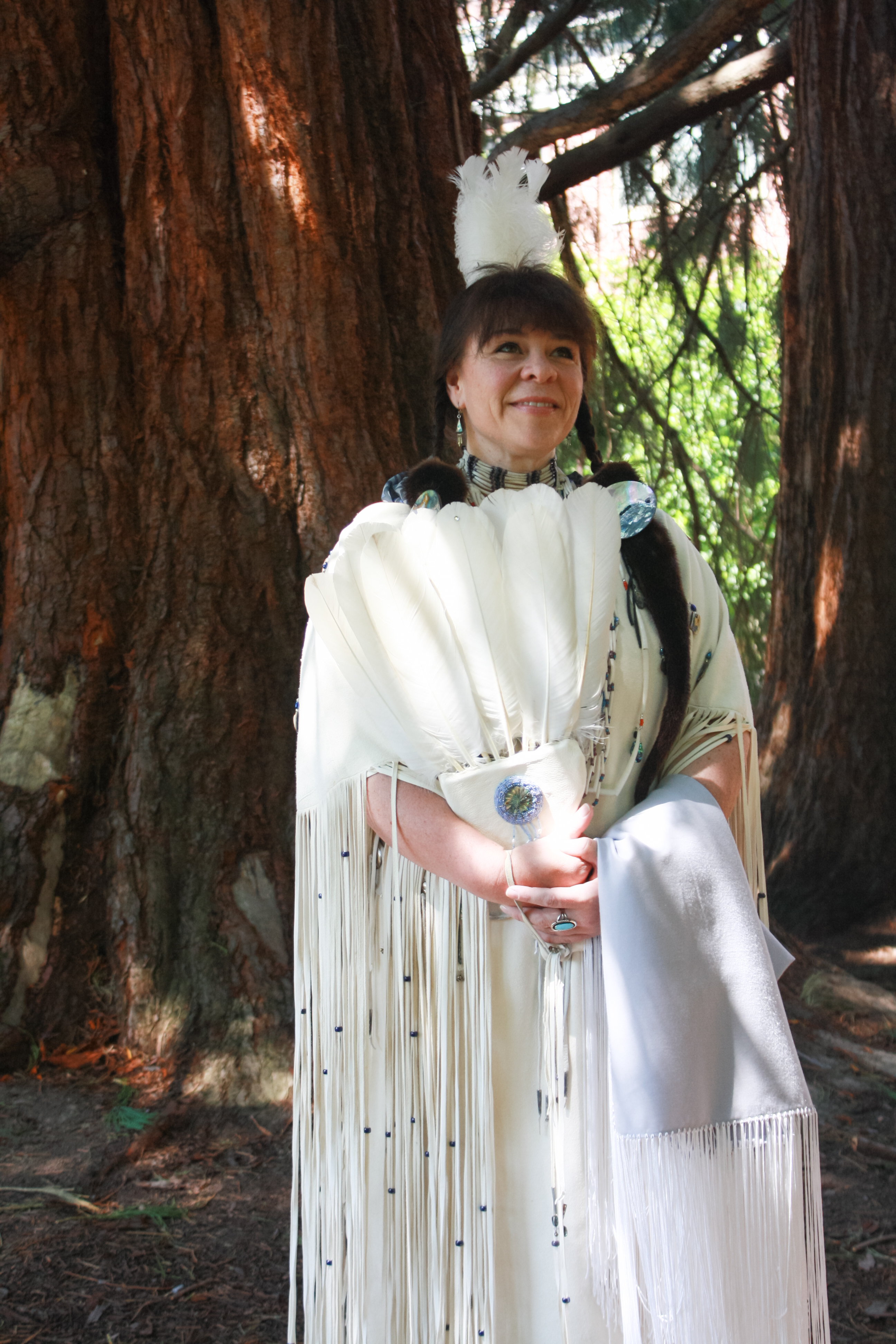
Thunderbird Strike Series
Elizabeth LaPensée
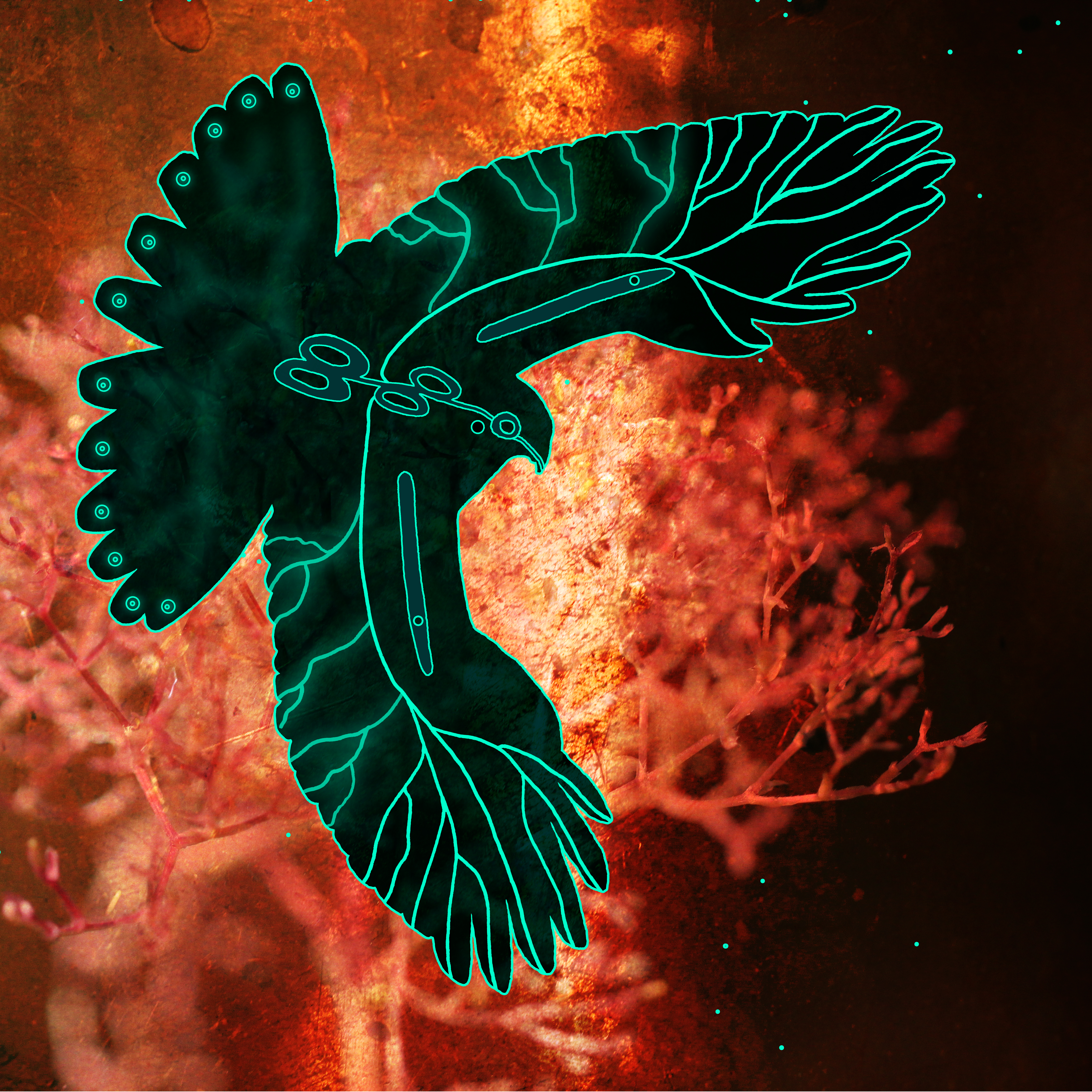 Best Way to Kill a Snake? Rip off its Head.
Best Way to Kill a Snake? Rip off its Head.
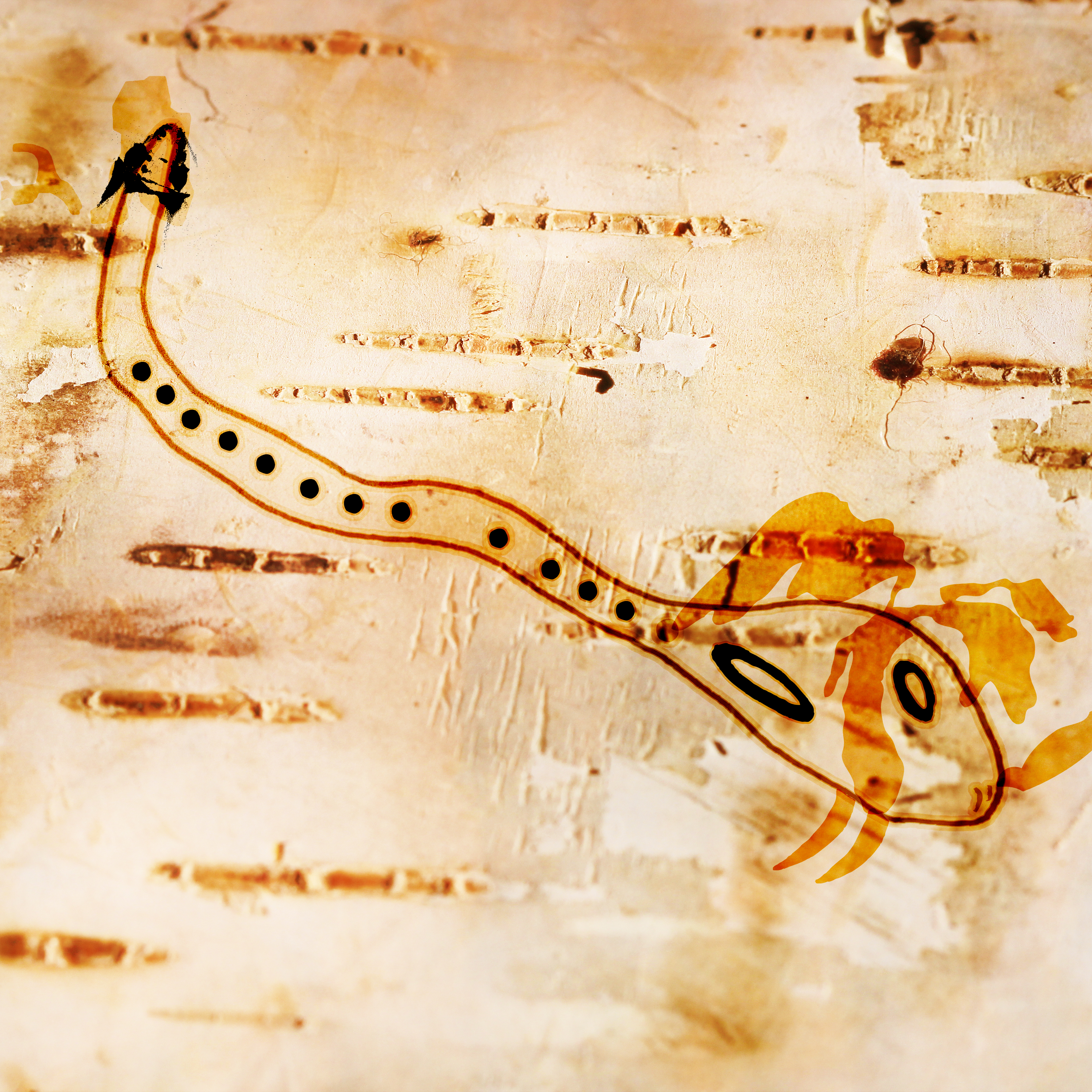 The Snake that Swallows Us Whole
The Snake that Swallows Us Whole
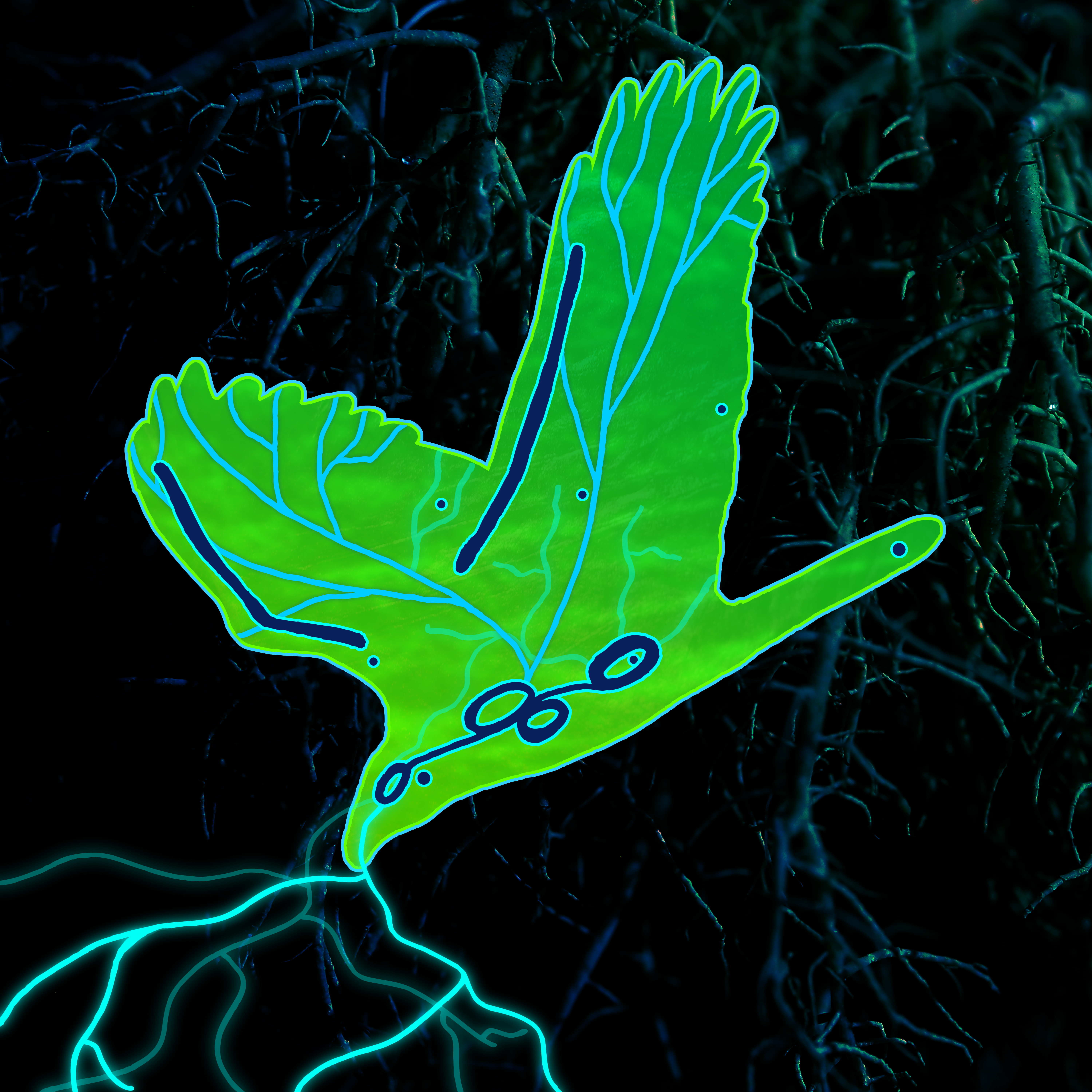 They are Answering.
They are Answering.
The Dream
Braudie Blais-Billie
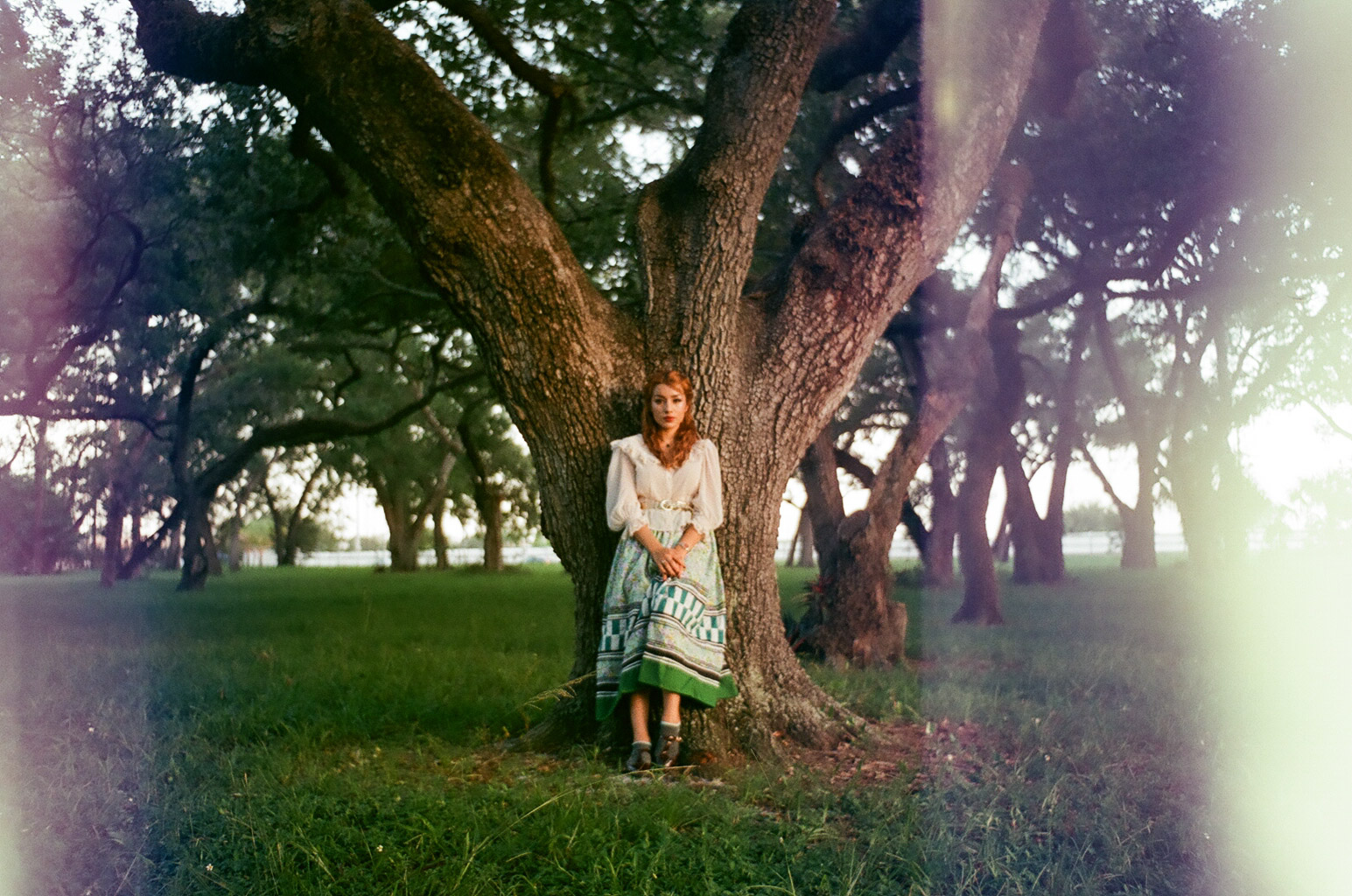
I was in my old BIA-built house on the reservation. I was so tired. I was trying to find somewhere to sleep that felt safe. There was smoking and drinking, and across the room, there were unidentified bodies in my bed.
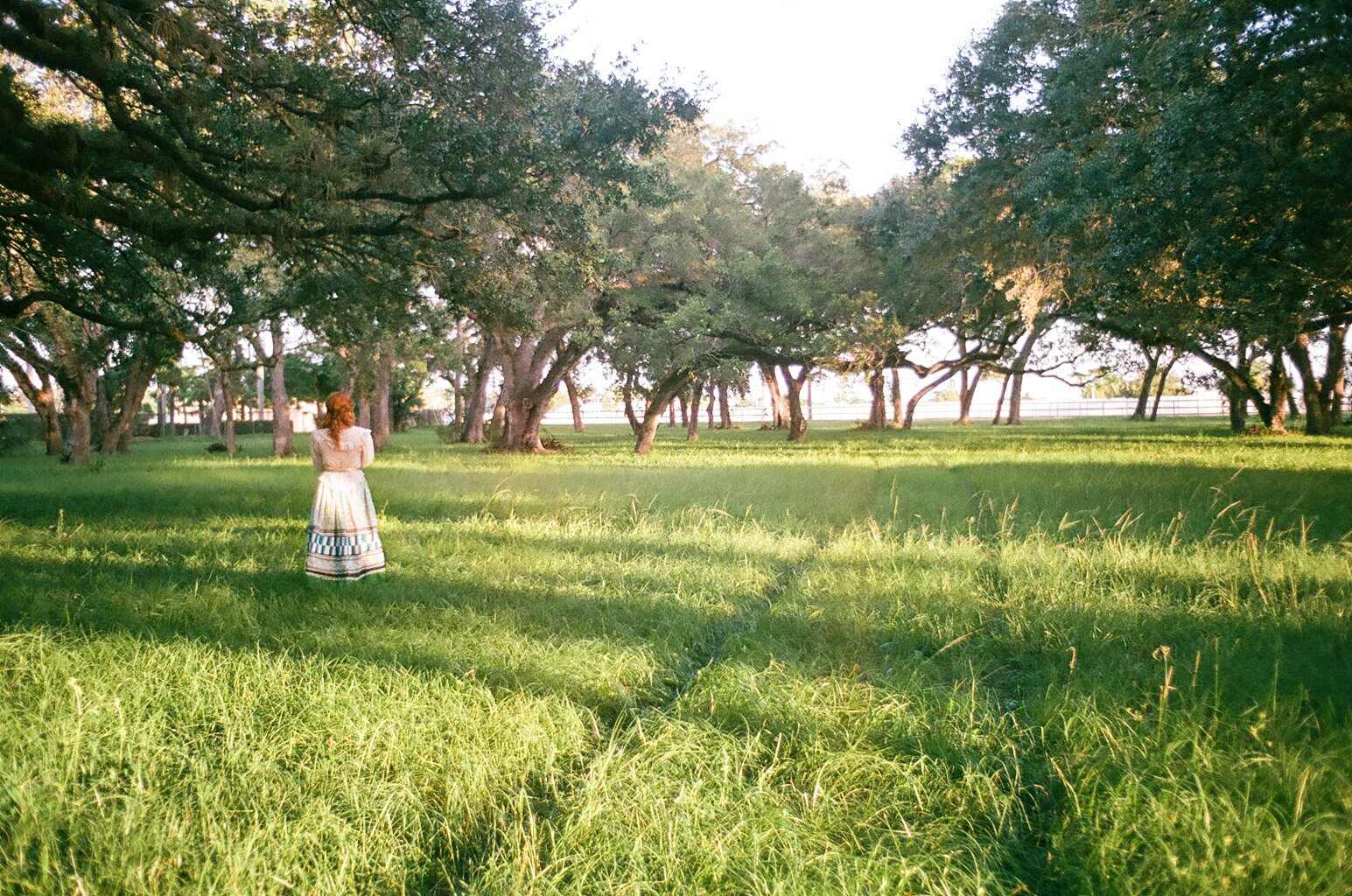
There was a banging on my window. I saw the ghost of an old Seminole man scratching at the window and banging his head against it. He moved too fast in the dark for me to see his face. I held my breath. My sister reminded me that he couldn’t hurt us. She’s two years younger than me, but she felt as old as the land beneath our bodies.
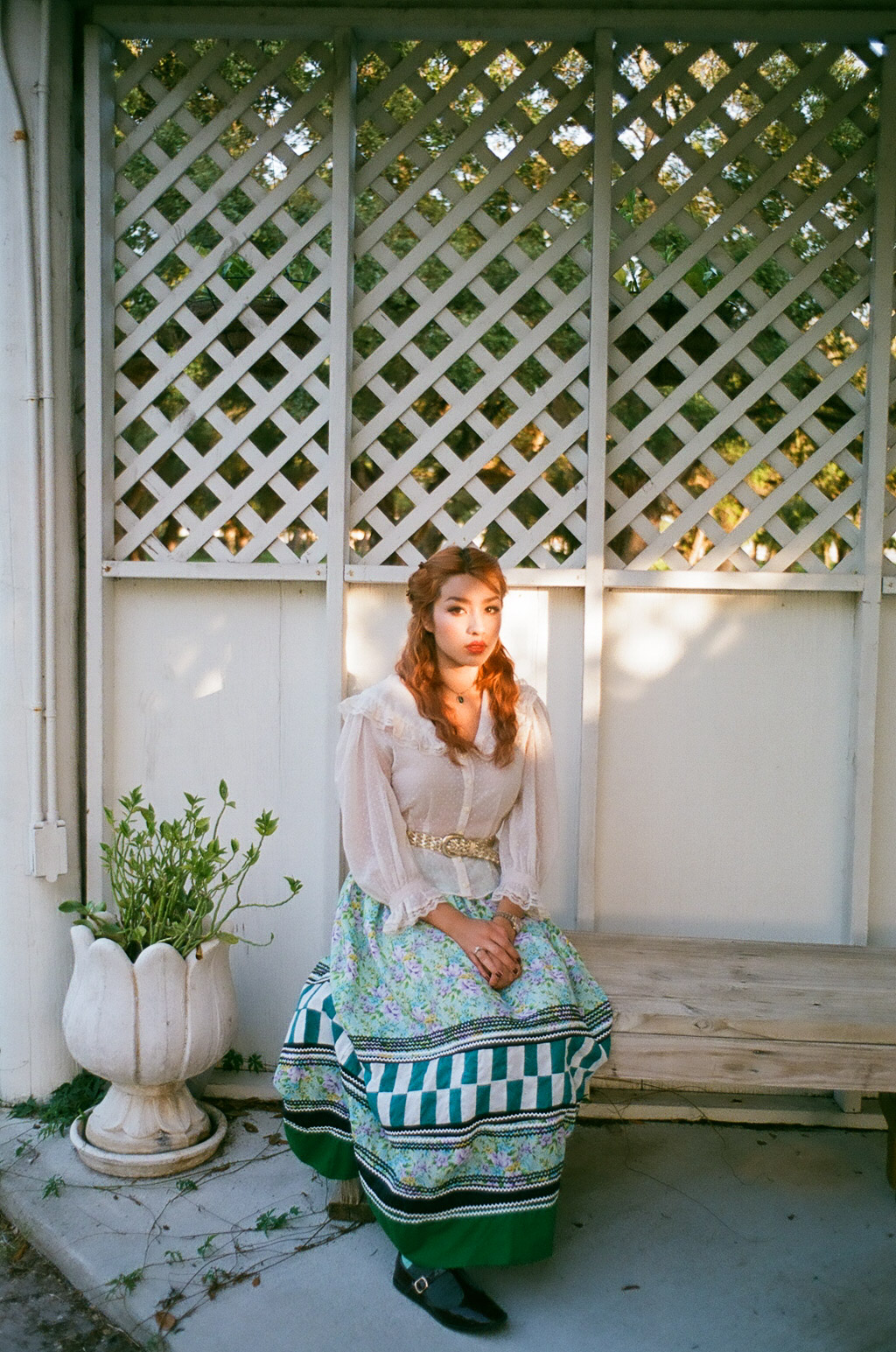
It aches to be surrounded by a suffering that was there before you were. It’s loud and you want to leave. But they’re just ghosts, they can’t hurt you. And you need to be able to see them, to accept them as the foundation of your home, because they just simply are.
No Pipelines
Swarm
